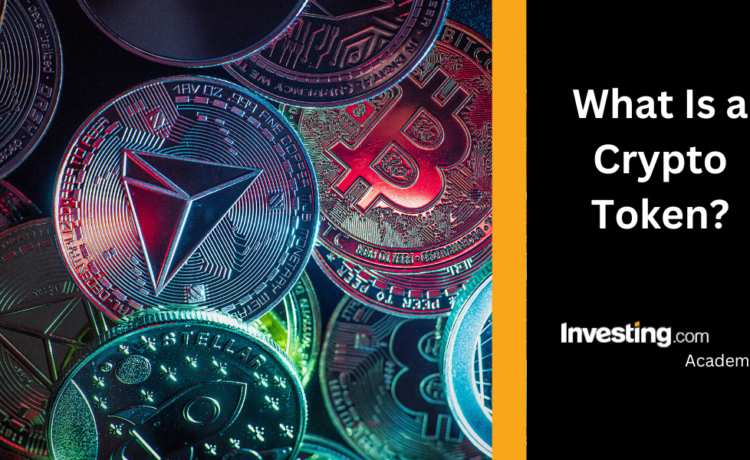Q. What’s the role of a smart contract in crypto token creation?
Smart contracts define the rules and behavior of crypto tokens, including issuance, transfer, and other functionalities.
Q. Can I create my own crypto token?
Yes, you can create your own crypto token by deploying a smart contract on a blockchain that supports token creation.
Q. Are crypto tokens considered securities?
The classification of crypto tokens as securities depends on their specific use case and regulatory jurisdiction. Some may be considered securities, while others are not.
Q. How do I buy crypto tokens?
You can purchase crypto tokens on cryptocurrency exchanges that support their trading. Simply create an account, deposit funds, and place buy orders.
Q. What are stablecoins, and how do they relate to crypto tokens?
Stablecoins are a type of crypto token designed to maintain a stable value, often pegged to a traditional currency like the US Dollar.
Q. What’s the difference between fungible and non-fungible tokens?
Fungible tokens are interchangeable with each other, while non-fungible tokens (NFTs) represent unique digital assets and are not interchangeable.
Q. How can I securely store my crypto tokens?
You can store crypto tokens in cryptocurrency wallets, including hardware wallets, software wallets, and paper wallets, for security.
Q. Are there any tax implications when trading crypto tokens?
Tax regulations for token trading vary by jurisdiction, so it’s important to consult with a tax professional for guidance.
Q. Can I earn passive income with crypto tokens?
Some crypto tokens offer staking or yield farming opportunities, allowing users to earn rewards for holding and participating in the network.
Q. How can I research the credibility of a crypto token project?
Research the team, project whitepaper, community, and audits to assess the credibility of a crypto token project.
Q. What’s the future outlook for the crypto token market?
The future of crypto tokens is highly speculative, but they continue to gain traction in various industries and are likely to play an increasingly significant role in the future of finance and technology.
Q. What is the significance of a crypto token’s market capitalization?
A crypto token’s market cap represents its total value and is calculated by multiplying the token’s price by its total supply.
Q. Can crypto tokens be used for fundraising in Initial Coin Offerings (ICOs)?
ICOs were popular for fundraising but have faced regulatory challenges; many projects now use alternative methods like Initial DEX Offerings (IDOs).
Q. What is the difference between utility tokens and security tokens?
Utility tokens provide access to a platform or service, while security tokens represent ownership of an asset and are subject to securities regulations.
Q. How do I keep my crypto tokens safe from theft or hacking?
Use strong security practices, like enabling two-factor authentication and keeping your private keys offline in hardware wallets.
Q. Are there any restrictions on who can invest in crypto tokens?
Regulations vary by country, and some tokens may have restrictions based on investor accreditation.
Q. How do I trade crypto tokens on decentralized exchanges (DEXs)?
You can trade on DEXs by connecting your wallet, selecting the tokens, and placing orders directly from your wallet.
Q. Can I convert one crypto token to another without going through fiat currency?
Yes, you can exchange one token for another directly on many cryptocurrency exchanges.
Q. How can I stay informed about the latest developments in the crypto token space?
Stay updated by following industry crypto news websites, social media, and joining relevant forums and communities.

















